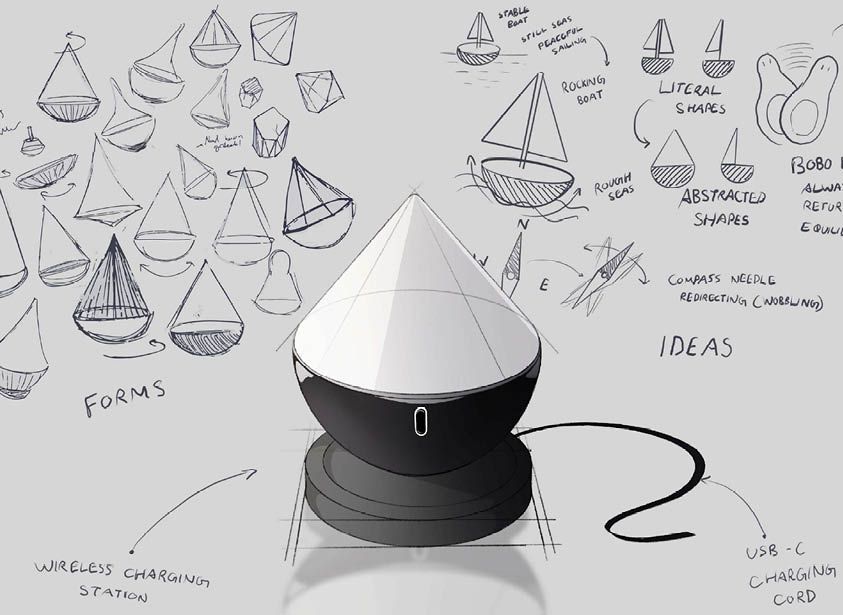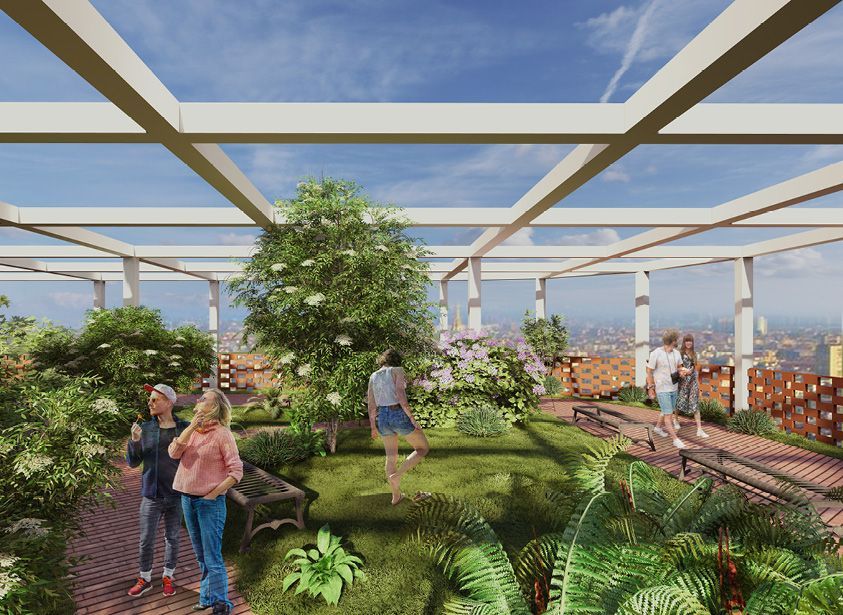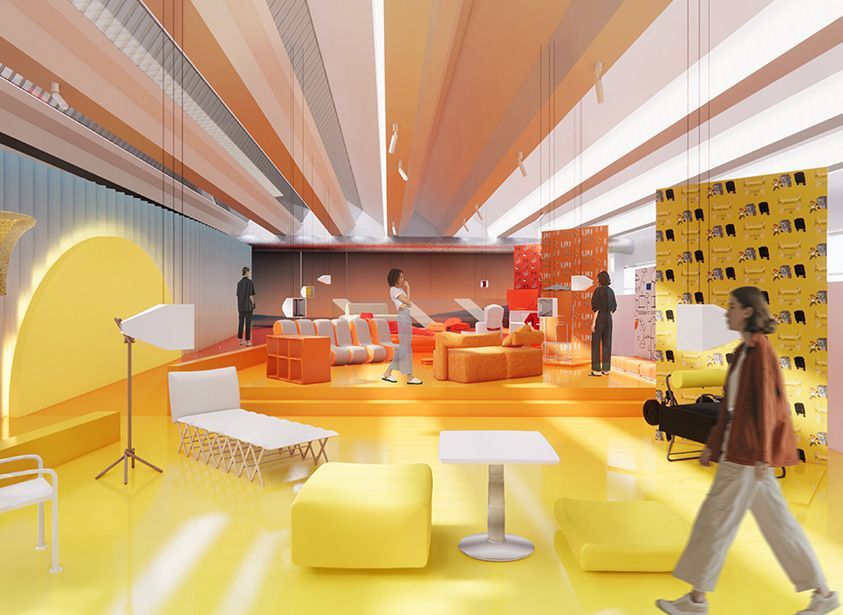Designing the Future: Workshop with Samsung

Discover how our students collaborated with Samsung to redefine the future of AI-human interaction: visionary projects like Navi and Genome exploring groundbreaking ideas where empathy meets technology.

From February 17 to March 21, 2025, Domus Academy hosted an innovative interdisciplinary workshop in collaboration with Samsung, bringing together students from the Master in Product Design and the Master in Interaction Design programs. The six-week workshop, titled “Envisioning & Tangible Interactions,” challenged students to envision the near future of human–AI interaction, blending speculative design with cutting-edge technology.
The workshop was developed in partnership with Samsung’s SDIC Computational Interaction Division, a branch dedicated to shaping meaningful digital experiences through human-centered design and advanced technologies. The project’s core brief focused on AI embodiment—exploring how artificial intelligence can be physically integrated into everyday objects in ways that are playful, culturally relevant, and far removed from today’s conventional assistant-based AI models.
Participants were encouraged to rethink interaction paradigms and reimagine mundane products by embedding AI in ways that support novel, intuitive, and even invisible forms of communication—whether through alternative sensory inputs, visual cues, or multimodal storytelling.

The workshop culminated in a rich set of deliverables that included a physical artifact embodying each team’s AI concept, a video simulation illustrating interaction scenarios, and a detailed presentation outlining the design journey, research insights, technological framework, and cultural implications behind each proposal.
Among the many innovative outcomes, two of the projects developed during the workshop—Genome and Navi featured compelling approach and creative vision.
Genome, created by Alessandro Roasio, Erkut Ekim, Junyoung Oh e Zeynep Alkaya, explored the integration of genetic and environmental data into an AI-enabled object capable of delivering personalised feedback on health and wellbeing of the ecosystem. The concept pushed the boundaries of how individuals might engage with personal data in meaningful, everyday ways.
Navi, conceived by Shane Bana, Javiera Bakic and Ekin Yuksel, proposed an emotionally intelligent navigation assistant that responds to a user’s mood and environment. By shifting the focus from pure functionality to empathetic interaction, Navi reimagined how technology can accompany and support users beyond conventional utility.
Recognising excellence and future potential, Samsung selected Navi as the best project from the workshop. Navi stood out for its seamless integration of empathy, AI, and interaction design—an embodiment of Samsung’s vision for the next generation of digital experiences.
Throughout the workshop, students had the opportunity to learn directly from leading professionals whose diverse backgrounds brought richness and depth to the experience. Under the guidance of Programme Leaders Aoi Hasegawa, Master in Product Design, and Giovanni Caruso, Master in Interaction Design, students collaborated with experts such as Mario Crippa, a designer and manager with global experience across digital, physical, and service design; Eleonora Dello Iacono, a UX/UI designer renowned for creating intuitive, user-centred digital experiences; Laura Varisco, an interaction and experience designer with over a decade of professional practice; and Joseph Lindley, a UKRI Future Leaders Fellow whose pioneering research explores the intersection of AI and design.
Learning from such accomplished figures offered students rare insight into the real-world impact of design, as well as its potential to shape future technological and social landscapes.
Domus Academy’s Envisioning & Tangible Interactions workshop, in collaboration with Samsung, exemplified the power of design education to anticipate and shape the future of AI integration in everyday life. Through hands-on prototyping, visionary storytelling, and interdisciplinary collaboration, students not only developed innovative concepts but also engaged deeply with the cultural, social, and ethical implications of intelligent design.





